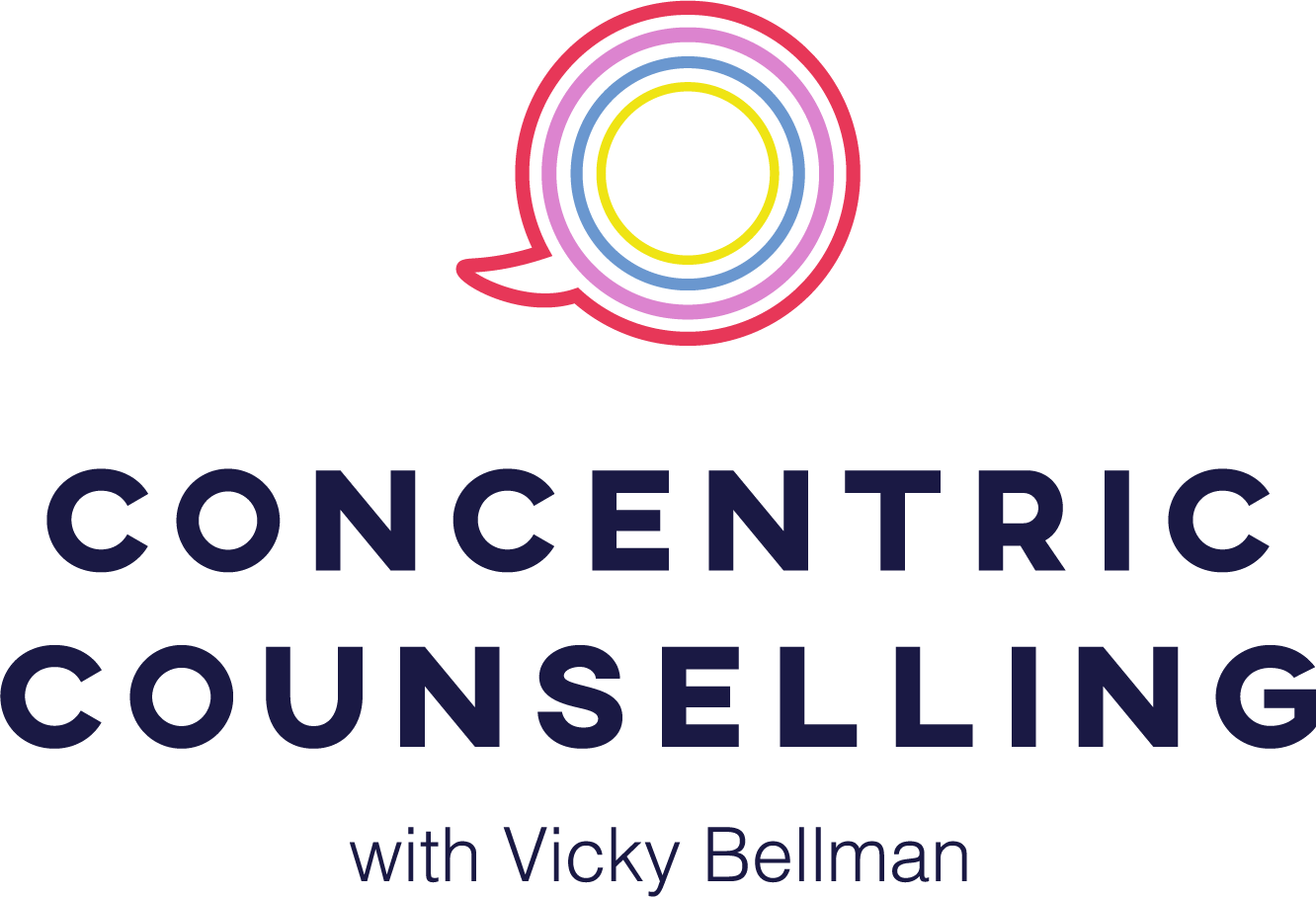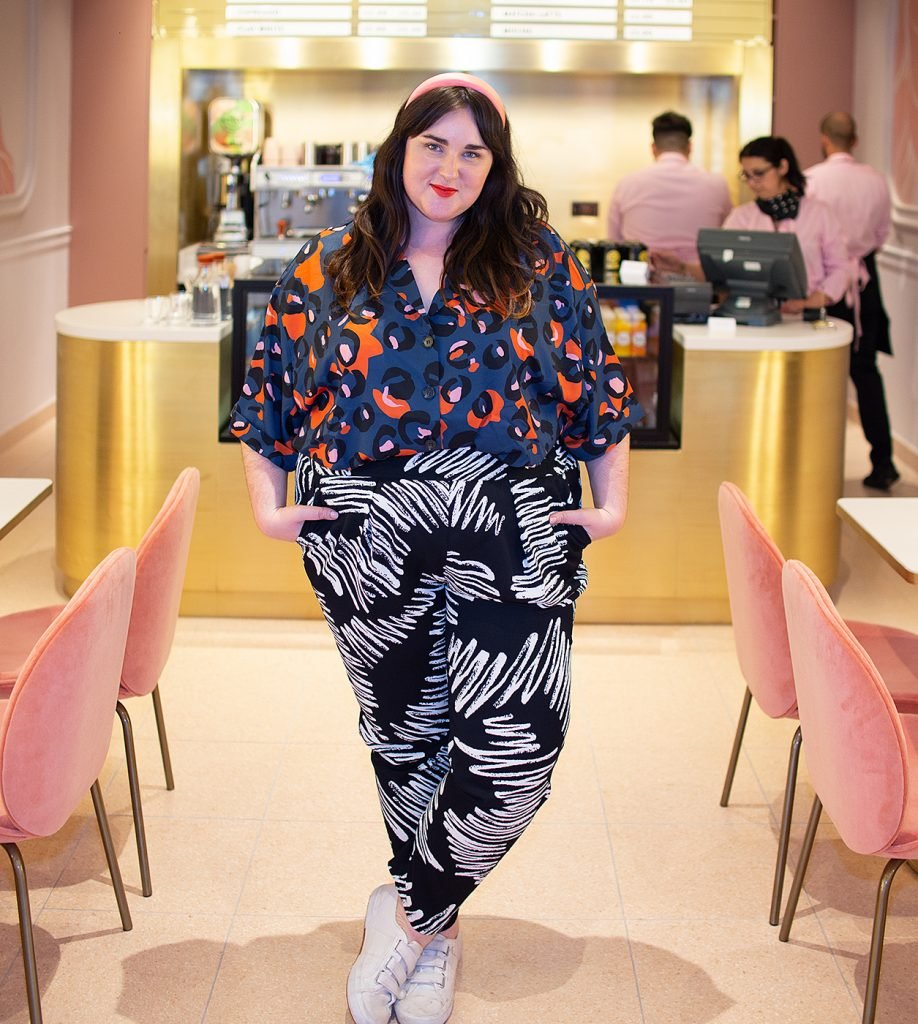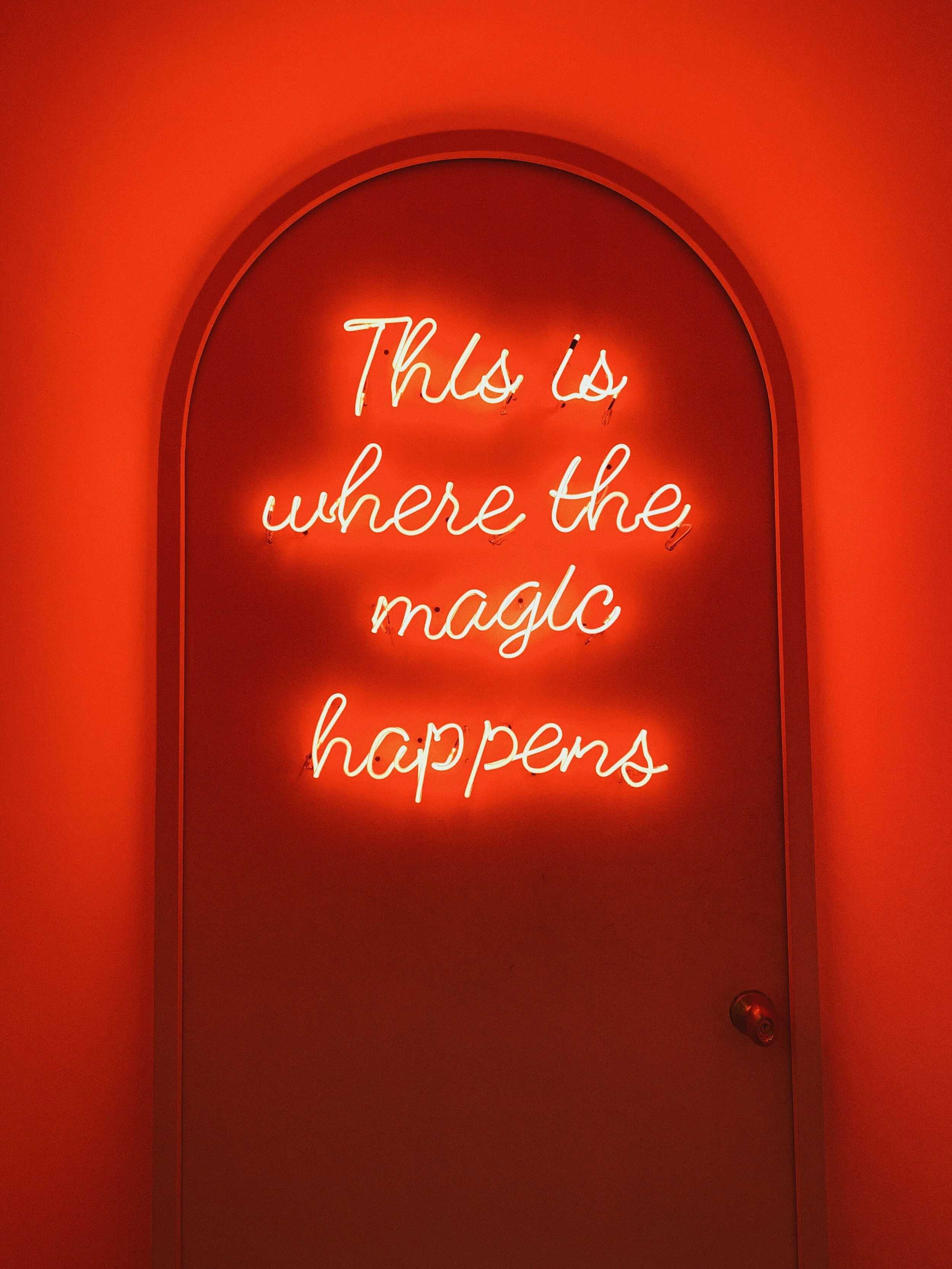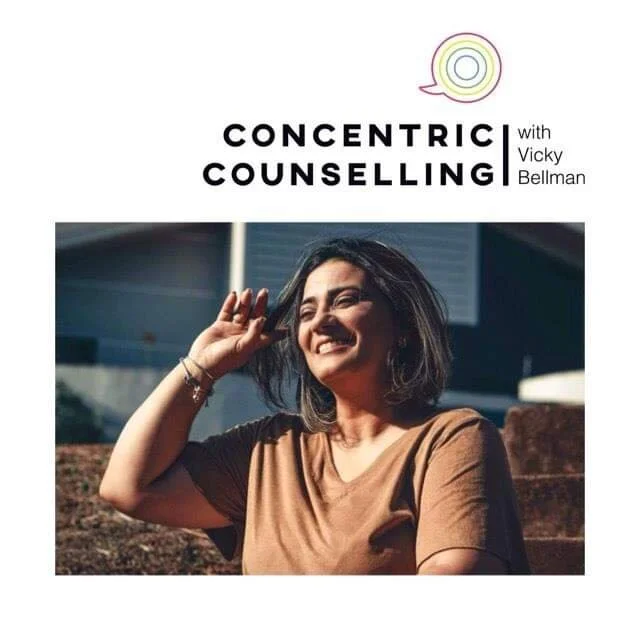Let's talk about men talking
In the last couple of days, Princes William and Harry have spoken candidly about the emotional difficulties they experienced after the death of their mother. Whilst it's unusual for members of the Royal Family to speak so openly about emotional subjects, it was also front page news for a different, far more socially pervasive reason - we still don't expect men to talk about emotions, and we certainly don't expect them to talk about talking therapy.
“I cannot encourage people enough just to have that conversation because you will be surprising firstly, how much support you get and secondly, how many people are literally longing for you to come out”
Both men addressed unhelpful social messages that are prevalent in our white Western culture - the idea of maintaining a 'stiff upper lip', and keeping quiet about an emotional response to a traumatic event. Prince Harry spoke about suppressing his emotional response for nearly twenty years, before finally seeking emotional support to process his grief.
Ironically, in their isolation, these two men aren't alone. Men are encouraged to bear pain independently; to find a way to cope individually, without seeking help or comfort from others. Men are still significantly less likely to seek emotional support or talking therapy than woman - no doubt linked to cultural stereotypes of women being talkers, and men being 'the strong silent type'. But, whilst widespread, the male practice of ignoring mental health isn't helpful and, in so many ways, is actively harmful. Emotional distress doesn't disappear just because it is unexpressed; it will find a different way to manifest itself - in depression, unhealthy or inhibited relationships, control and intimacy issues, aggressive and violent behaviour, or physical illness.
There are more acute responses as well; men have far higher rates of violent suicide, resulting in higher mortality rates. Research shows that rates of alcohol addiction are three times higher in men than women, and also three times more likely than women to develop drug dependency issues; these dependency issues often end in fatality, in a 'slow suicide'. In the absence of being able to seek support and connection, men are likely to self medicate, or take drastic action.
None of this is down to an intrinsic lack of emotion in men; men, of course, experience the same basic emotions as women - happiness, sadness, fear and anger, as well as experiencing shame, guilt and grief. The difference, however, is in our gender socialisation - in short, how we are taught to express our gender. Emotional expression is largely accepted, and even expected, from women. In contrast, men are taught from an early age that they should not express emotion, and will face social punishment if they do; for example, bullying, name calling, harrassment and abuse. 'Boys don't cry' is a cliche, but one that still has a real hold in society. This social conditioning is reinforced from childhood through to adulthood, morphing into the teen mantra to 'man up', and then into the adult notion of a 'real man' - gradually making the idea of a lack of emotion synonymous with masculinity. These messages are found everywhere in our culture - in books, films and songs. Our brains are formed through practice; what fires together, wires together. In other words... if you don't use it, you lose it. In this case, as men become used to suppressing their emotional expression, they gradually forget their emotional vocabulary; in the end, even when they want to, men can find it difficult to find the words to express how they feel and, of course, feel frustrated and want to give up. What's positive is the brains incredible potential for change and growth - the brain benefits from plasticity, and we are constantly able to reorganise our brain by making new connections between brain cells.
Further, the idea that men should bear their pain alone is significant. Men are supposed to rely only on themselves, and rarely encouraged to ask for help. Men are less likely to be socialised to form intimate relationships in which they can express their feelings. The stereotype of women sitting and chatting around a kitchen table whilst the men stare silently at a BBQ may be a hackneyed film in an awkward rom-com, but it does still form part of our view of men and women, and certainly contributes to the image of men and women that is built up in our childhood. Women communicate and connect; men don't. We heal in connection with others - not only does our mental health suffer when we feel isolated from others, but our natural capacity to heal is also inhibited.
But it is this toxic idea of masculinity that is contributing to a crisis in men's mental health, and discouraging men from being able to come forward and seek help for the issues that affect them. It is the ability to be vulnerable that creates true connection, both in the therapy room and in the world, and being vulnerable is not prized in the carefully constructed Western notion of masculinity. It is one of the reasons why my counselling is informed by a feminist worldview, because inequality fails men too. Rigid gender roles restrict both men and women, and hamper a richly satisfying life, fully experienced and expressed, connecting with both our potential for vulnerability, and for strength.
There is the hope that men and women are starting to reject these narrow roles, and embrace a different way of relating. Breaking down stereotypes can be anxiety-inducing, as we experiment with a new way of being, but it also opens up opportunities for men to talk more openly about their feelings, and their emotional response to difficult events. It can be scary to step outside your comfort zone, and seek emotional support when it's never been on your radar before. Men often express concern that counsellors will have an agenda, or lose something by being vulnerable in a counselling room; most often, the worry is that they will lose their protective emotional shield and become undefended. But, in counselling, the pace and focus are defined by you; you get to choose. Your autonomy and agency is respected, as are your strengths and coping strategies. Unhealthy coping strategies are often linked with shame, as if we should have made better choices, but coping strategies are always well-intentioned, even with they are maladaptive, and I believe there is great value in respecting and giving thanks for these choices, even whilst acknowledging their damage, and in the process of recognising that they no longer serve us. It is them possible for us to look at more sustainable ways of surviving, and thriving.
As Princes William and Harry described, there is still a lingering stigma attached to people talking about their mental health. But, in a counselling room, there is no stigma. Just as with women, when men receive good, consistent emotional support, they feel better. Emotional expression in a safe and supportive environment can provide the opportunity to develop a more robust, authentic sense of self, which improves self image, strengthens relationships, reduces harmful behaviour, and increases healthier coping mechanisms. In vulnerability, we can embrace real courage, and real change.















